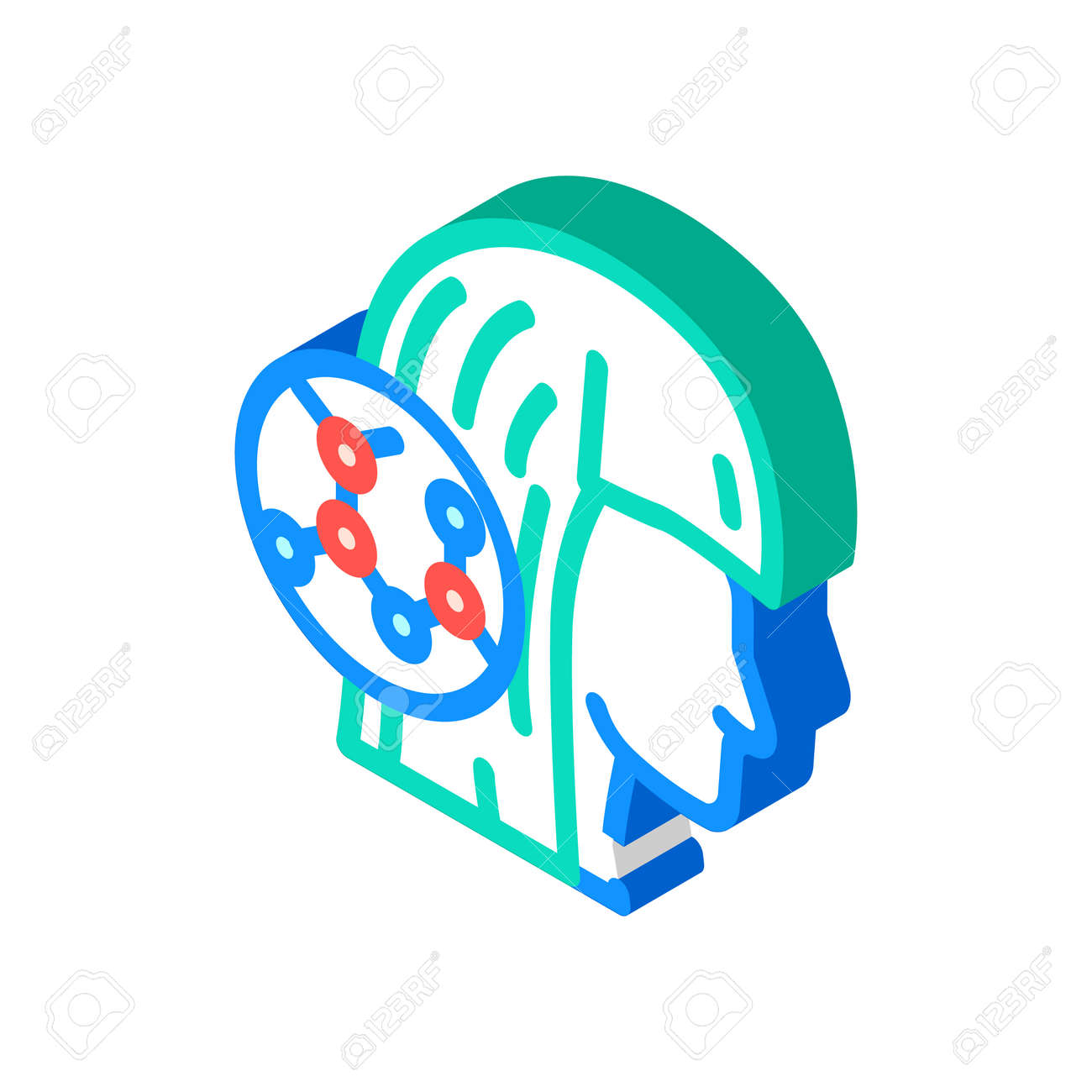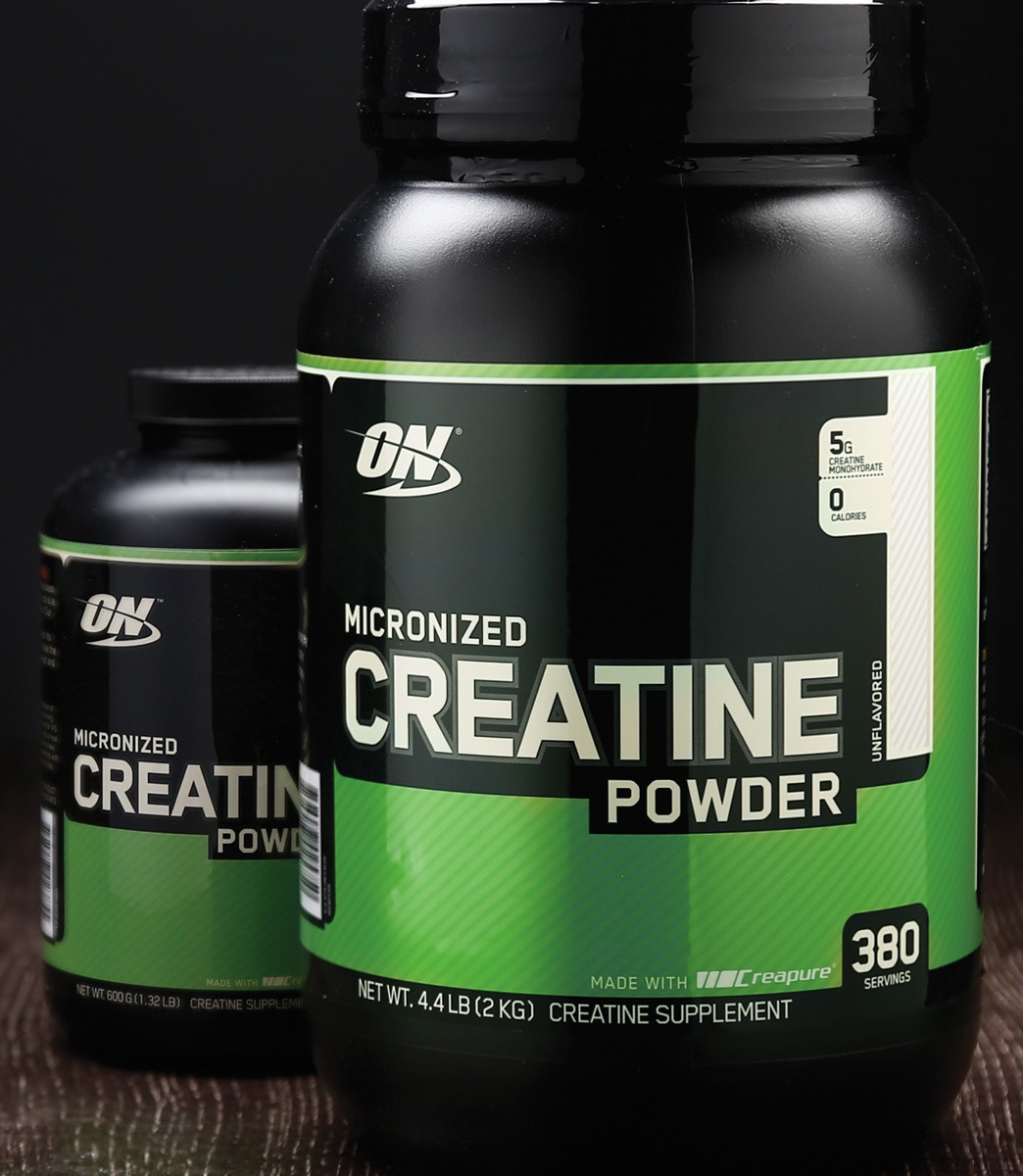Creatine is one of the most popular supplements among athletes and fitness enthusiasts. However, some users have expressed concerns about its potential side effects, including hair loss. If you're considering creatine supplementation, it's essential to understand the science behind this supplement and its potential impact on your health and well-being.
While creatine is widely regarded as safe and effective for improving athletic performance, anecdotal reports of hair loss have sparked debates in the fitness community. This article aims to provide a comprehensive overview of creatine, its effects on hair health, and how to make informed decisions about supplementation.
By examining scientific research, understanding the mechanisms of creatine, and exploring its potential side effects, you can better assess whether creatine is the right choice for your fitness goals and hair health.
Read also:Exploring Tpains Real Name The Man Behind The Music
What is Creatine?
Creatine is a natural compound found in muscle cells, primarily obtained through dietary sources like meat and fish. It plays a crucial role in energy production during high-intensity exercise. Supplementing with creatine can enhance muscle strength, improve endurance, and accelerate recovery.
Studies have shown that creatine supplementation increases phosphocreatine stores in muscles, boosting ATP production during short bursts of activity. This makes it an ideal supplement for athletes and bodybuilders looking to improve their performance in weightlifting, sprinting, and other intense activities.
The Science Behind Creatine and Hair Loss
Although creatine is generally considered safe, some users have reported experiencing hair loss after starting supplementation. This has led to questions about whether creatine directly contributes to alopecia or thinning hair. To understand this connection, we need to examine the science behind creatine metabolism and its potential impact on hormonal balance.
Does Creatine Increase DHT Levels?
One theory suggests that creatine may increase dihydrotestosterone (DHT) levels, a hormone associated with male pattern baldness. A study conducted on rugby players found a slight increase in DHT after creatine supplementation, but the results were not statistically significant. However, further research is needed to confirm these findings and determine whether this increase is clinically relevant.
- Creatine may slightly elevate DHT levels in some individuals.
- The effect on DHT varies depending on genetic predisposition and dosage.
- More research is required to establish a definitive link between creatine and hair loss.
Understanding the Mechanism of Hair Loss
Hair loss is a complex process influenced by genetics, hormones, and environmental factors. While DHT is a well-known contributor to male pattern baldness, other factors such as stress, diet, and lifestyle also play a role. Understanding the underlying mechanisms of hair loss can help clarify whether creatine supplementation poses a significant risk.
Genetic Predisposition to Hair Loss
Individuals with a family history of male or female pattern baldness are more likely to experience hair thinning. This genetic predisposition makes them more sensitive to DHT, which can shorten the hair growth cycle and lead to miniaturization of hair follicles. If you have a strong family history of hair loss, you may want to monitor your hair health closely when starting creatine supplementation.
Read also:Kirk Frost Jasmine A New Chapter In Parenthood
Types of Creatine Supplements
Not all creatine supplements are created equal. The most common form, creatine monohydrate, is widely regarded as the most effective and affordable option. However, other forms such as creatine hydrochloride (HCl) and creatine nitrate offer alternative benefits and may be worth considering depending on your needs.
- Creatine Monohydrate: The most researched and effective form of creatine.
- Creatine HCl: Offers improved solubility and may require lower dosages.
- Creatine Nitrate: Enhances blood flow and may support cardiovascular health.
Benefits of Creatine Supplementation
Despite concerns about hair loss, creatine offers numerous benefits for athletic performance and overall health. These include:
- Improved muscle strength and endurance.
- Enhanced recovery and reduced muscle soreness.
- Potential cognitive benefits, particularly in older adults.
- Support for bone health and muscle mass preservation.
Potential Side Effects of Creatine
While creatine is generally safe, some users may experience side effects such as gastrointestinal discomfort, dehydration, or muscle cramps. Hair loss remains a controversial topic, with limited evidence supporting a direct link. However, if you notice significant hair thinning after starting creatine supplementation, it may be worth consulting a healthcare professional.
Managing Side Effects
To minimize potential side effects, follow these tips:
- Stay hydrated by drinking plenty of water throughout the day.
- Start with a lower dosage and gradually increase as needed.
- Monitor your hair health and adjust your regimen if necessary.
How to Choose the Right Creatine Supplement
When selecting a creatine supplement, consider factors such as purity, form, and dosage. Look for products certified by third-party organizations like Informed-Sport or NSF International to ensure quality and safety. Additionally, consult with a healthcare professional or nutritionist to determine the best option for your needs.
Myths and Misconceptions About Creatine
There are several myths surrounding creatine supplementation, including its effects on kidney health and hair loss. While early studies raised concerns about kidney damage, subsequent research has shown that creatine is safe for healthy individuals when used as directed. Similarly, the link between creatine and hair loss remains speculative and requires further investigation.
Dispelling the Hair Loss Myth
Although some users report hair loss after starting creatine supplementation, this could be coincidental rather than causal. Factors such as genetics, stress, and hormonal changes may contribute to hair thinning, making it difficult to isolate creatine as the sole culprit. Always consider other potential causes before discontinuing your supplement regimen.
Conclusion
In conclusion, creatine is a safe and effective supplement for improving athletic performance and supporting overall health. While concerns about hair loss persist, the scientific evidence supporting this connection remains inconclusive. By understanding the science behind creatine and its potential effects on hair health, you can make informed decisions about supplementation.
We encourage you to share your experiences with creatine and hair health in the comments below. Additionally, feel free to explore our other articles on fitness, nutrition, and wellness for more valuable insights. Together, let's promote evidence-based practices and empower individuals to achieve their health and fitness goals.
Table of Contents
- What is Creatine?
- The Science Behind Creatine and Hair Loss
- Understanding the Mechanism of Hair Loss
- Types of Creatine Supplements
- Benefits of Creatine Supplementation
- Potential Side Effects of Creatine
- How to Choose the Right Creatine Supplement
- Myths and Misconceptions About Creatine
- Conclusion


